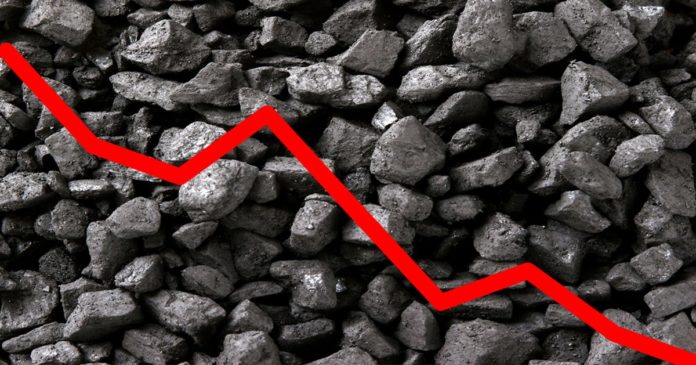Across Europe, countries are making strides toward a fossil-free future. In April, Austria and Sweden closed their last coal plants—the latter nearly two years ahead of schedule—officially eliminating coal from their countries’ energy production. Last week, Great Britain hit a milestone when England, Scotland, and Wales went past the 18-day mark without generating any coal-fired power, the longest period of time for such a record since the Industrial Revolution (and still going). This week, Portugal celebrated 52 days without using coal-based electricity.
“Coal is now in terminal decline all across Europe,” Kathrin Gutmann, campaign director of the Europe Beyond Coal campaign, says by email. Europe Beyond Coal, a U.K.-based environmental lobby group funded in part by the European Climate Foundation, was established in 2017 with the goal of helping phase out coal across Europe by 2030 at the latest. The group says other countries are expected to follow through on their promises to eliminate coal power even earlier, including France by 2022, Slovakia and Portugal by 2023, the U.K. by 2023, and Ireland and Italy by 2025.
The group says in order for the continent to meet its Paris Climate Agreement commitments, Europe must fully end coal generation by 2030. When Austria and Sweden closed their last coal plants in April, they became the second and third European countries to completely eliminate coal from their electricity systems; Belgium was the first when it closed its last coal power plant, in 2016.
“Both countries have shown climate ambitions from the get-go and have bet on renewables, which made them early-mover countries leaving coal behind. Unlike some other European countries such as Poland, Germany, or Turkey, they did not build any new coal power plants in recent years,” Gutmann says of Austria and Sweden’s success.
In total, 15 European countries have committed to exiting coal and have put necessary plans and measures in place, Gutmann says, but there’s still a concern, she adds, about whether or not the remaining coal-powered fleet will go offline fast enough to limit global warming to 1.5 degrees Celsius.
The current COVID-19 pandemic and the world’s precarious economic situation may actually help toward that goal. Across the world, it’s become cheaper to invest in renewable energy than in coal, and many experts think the coronavirus pandemic will reinforce the importance of a renewable-powered future, especially as leaders look for ways to bounce back better while stimulating economic growth.
“Many EU leaders have vowed to make the recovery from the COVID pandemic a green recovery,” Gutmann says. “A focus as part of recovery measures should be to accelerate the coal exit and pivot to renewable to secure green healthy jobs that actually have a secure future, while channeling support to coal mining communities for the transition. That is the key for the remaining coal countries without a coal exit commitment, such as Poland, Czechia, or Bulgaria.”










































